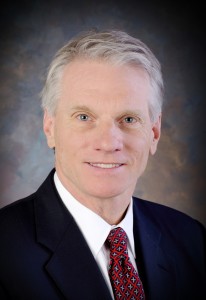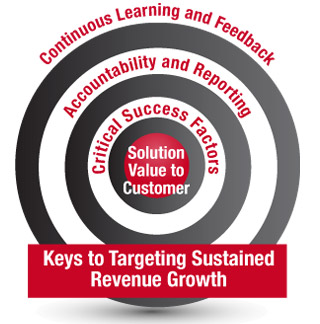I observe and participate in many executive and board room discussions. We try to sort out business, organizational, and leadership questions. People ask me about leadership qualities but often times they are narrowly focused on tactics and the execution of an organizational plan.
Why? Because to think through vision and leadership pieces are more challenging thought processes than those about hires in the mid to junior level positions involved with tactical execution. Not that this is wrong, per se, but without the context of the broader planning issues, the manager hires simply add head count and potential chaos if not well guided and prepared for aligned expectations.
So in seeking perspective on leadership and vision questions I’ve come across Churchill on Leadership by Steven F. Hayward, 1997. I’ve read a good deal on Churchill. Much to be commended if one can set aside his 19th century view of British Empire chauvinism in a changing 2oth century world- a credit to his unfailing loyalty to a British view of the world.
Nonetheless, faced with innumerable challenges and crises in wide management posts there’s much insight to be drawn from Churchill’s career. He was certainly bold and possessed a great command of facts balanced with intuition and conviction to execute on a strategy. His oratory skills added flourish to his ideas and made him quite quotable. Here are some principles attributed to Churchill from Mr. Hayward’s book:
- Candor and plain speaking. Churchill’s maxim: “I often had to eat my words, and I must confess that I have always found it a wholesome diet.” I observe many times people don’t speak clearly from the facts. Or fail to differentiate fact from anecdote. They are wishy washy about their position. Consequently, nothing of value is said and no decision can be made.
- Decisiveness. A Churchill maxim: “Ponder, and then act.” A leader only has to be sure of what is best to do (doesn’t know he/she is certain), and then have made up mind to act with conviction to do all possible to ensure the outcome.
- Historical imagination. Past is prologue. Understand the facts of the present and past, and imagine or re-imagine context for a future. Develop outcomes towards that future.
- Balance of details with the big picture. Churchill’s maxim: “An efficient and successful administration manifests itself equally in small as in great matters.”
Develop an intellectual curiosity of the broad strategy to understand how it works, or innovates. Combine this with obtaining a view of the details to understand progress, and the consequences if certain actions are taken. Define and rely on regular reporting and reviews from the organization to track and evaluate the team’s accountability.
Peter Klinge, Jr. provides advisory and project roles to help companies grow their business. He also speaks to business groups, writes, and teaches.




Great post, Peter. I have admired Churchill for a long time and appreciate your thoughts on business leadership applications.
Thanks Peter. Insightful. Churchill was always honest with himself and others
It’s great to see our work in a broader, historical context. I share your enthusiasm for learning from others. I applied that same perspective – and desire for inspiration – by looking at the stories of companies that have succeeded because, not despite, having to overcome great obstacles. I think you might like the stories at the website listed (www.repossibility.com).
Pretty nice post. I just stumbled upon your blog and wished to say that I have really enjoyed browsing26 your blog posts. In any case I’ll be subscribing to your feed and I hope you write again soon!…
thank you for your comment. you can also follow me on twitter and LinkedIn
Pingback: How to Align 'Why' to Growth Outcomes - Klinge AssociatesKlinge Associates